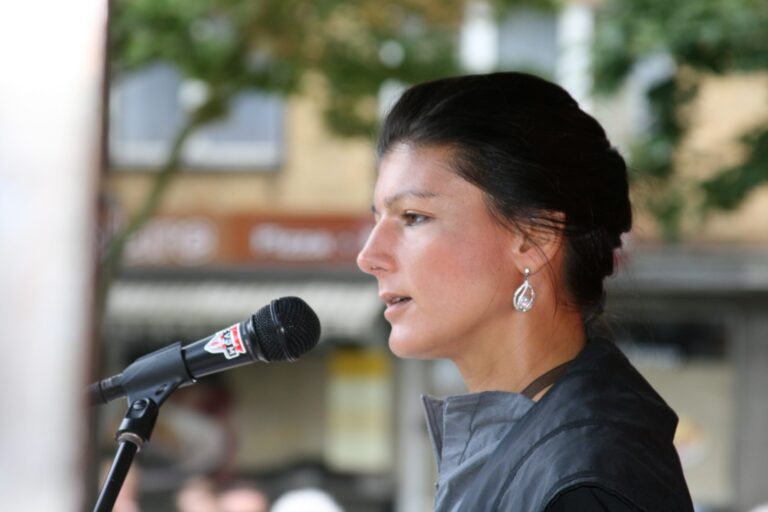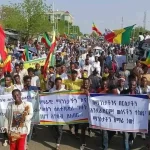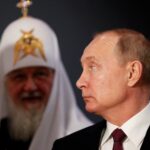Our prior conclusions as of Russia’s intervention in the internal policy of Germany have been confirmed The Russian Presidential Administration tasked the intelligence agencies to urgently strengthen pro-Russian or pacifist forces in Germany which stand against further weapon supplies to Ukraine and call for initiating immediate peace negotiations even on Putin’s terms. However, the creation of new political forces in Germany under the wing of Moscow jeopardizes Berlin’s good relations with Washington.

More on this story: Moscow expanding subversive influence operations across Europe
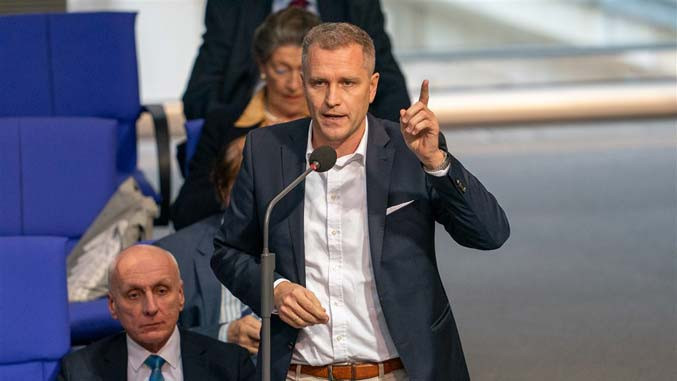
More on this story: Russia launching massive election meddling operation in Germany
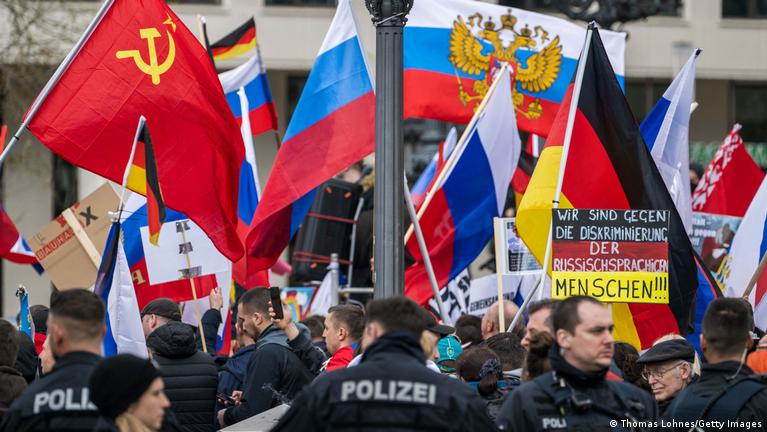

More on this story: Foreign psyops to meddle in Germany elections gaining momentum
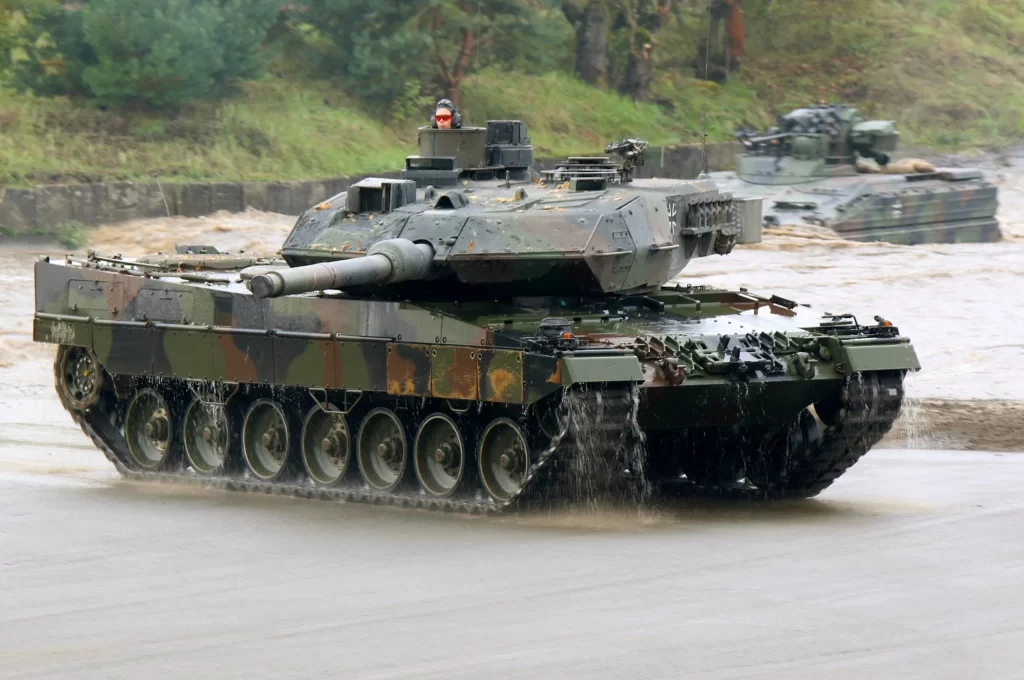
More on this story: Increased supply of heavy weapons to Ukraine serves Germany’s interests
In 2024 Germany schedules to hold three elections: the European Parliament, municipalities (June) and the federal states of Sachsen, Brandenburg, and Thüringen (spring).
Regardless of the serious reduction in the number of Russian intelligence spies in Western Europe, particularly in Germany, it is more than clear that the Kremlin has intensified the influence operations and intelligence activity abroad. Obviously, that the Kremlin’s intention is far beyond influencing the decisions of European governments, it plans to use the crisis as the background to create pro-Russian political projects and partially discredit those ones that are already existing and collaborating with Putin regime. Thus, a new party in Germany was formally registered under the leadership of Sahra Wagenknecht, a prominent left-wing populist politician who had made a career in the Die Linke party, and promoted her image by organizing pro-Russian “peace demonstrations” within last few months. It is likely that Wachenknecht will promote her radical pro-Russian ideas in the newly created party ‘Sahra Wagenknecht Alliance’ – the party has already stated about its intentions to reduce influence of NATO and the United States. Thus, we can confirm the latest conclusions that Russia will try to diversify the orientation of its party projects and take control over the left voters in Europe.
Hardly had the new party been registered, ten left MPs, including the most influential pro-Russian activists, such as Sevim Dagdelen, who regularly advocated for Germany to leave NATO, and pro-Russian Andrej Hunko (Die Linke), who had visited the occupied territories of Ukraine, left the Party and joined the Alliance. As an alternative to NATO, the new Alliance lobbies a structure similar to the Russian CSTO with Russia’s participation. Perhaps it implies Berlin’s entry into the CSTO with the Moscow-located decision-making center.
These political games directly influence the German Bundestag. November 7, Dietmar Bartsch, The Left parliamentary group co-leader, announced that the faction would apply for self-dissolution, because after some deputies’ departure the party does not have required minimum 37 members to serve as the parliamentary group. It is likely that the faction will turn into a deputy group, which will mean limited rights in the Bundestag (first of all, the number of positions in committees), and reduce state funding. However, we think that running for the European Parliament will be the key target of the new Alliance. It is likely that this scenario will become a trend for the rest pro-Russian parties in EU countries.
At this very time it is difficult to say how many votes the new party can win. Politically, it will try to win left-wing nationalist-populists, a rather empty part of the German political spectrum. Its rating does not yet exceed 5%, nearly the same rating as The Left Party has now. It could mean that Wagenknecht strengthens the new party with her personal rating. Obviously, that the further success of the Alliance strongly depends on whether it succeeds in creating a new horizontal structure of party cells or gain The Left existing structure over to her side.
There is a hypothesis that during the Cold War Wagenknecht collaborated with the Stasi. In 1991, she joined the Marxist faction of The Party of Democratic Socialism, the Communist Platform. It shows that even after German reunification, Sahra kept socialist ideas while promoting an anti-capitalist agenda. There is an information about her close contacts with the Russian Communist Party.
Thus, we expect Wagenknecht to focus on promoting anti-American ideas which will allow her to reach both the left and right electorates. Against the background of anti-Americanism, Wagenknecht will demonstrate rapprochement with Russia as an alternative. Russian state-owned and Kremlin-loyal media enthusiastically applaud Wagenknecht’s political project, anticipating Germany’s return to the sphere of Moscow’s influence, as in the days of the German Democratic Republic, known as East Germany.
It is likely that, based on her beliefs, Wagenknecht will push Germany towards the GDR model economically. Her statements complimenting the Stalinist model of the economy make us believe in introducing this idea in reality.Wagenknecht has common positions with ‘Alternative for Germany’ party on cooperation with Russia and migration. Thus, probably, Moscow considers further scenarios of the alliance’s common project with the ADG in the Bundestag. Such a scenario is more than real taking into consideration Wagenknecht’s prior far-right narratives.

More on this story: Russia prepares for fake news campaign involving AfG
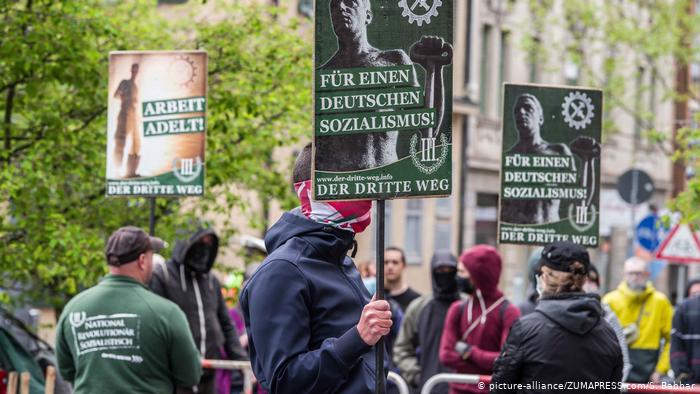
More on this story: Combat training for European neo-Nazis in Russia


